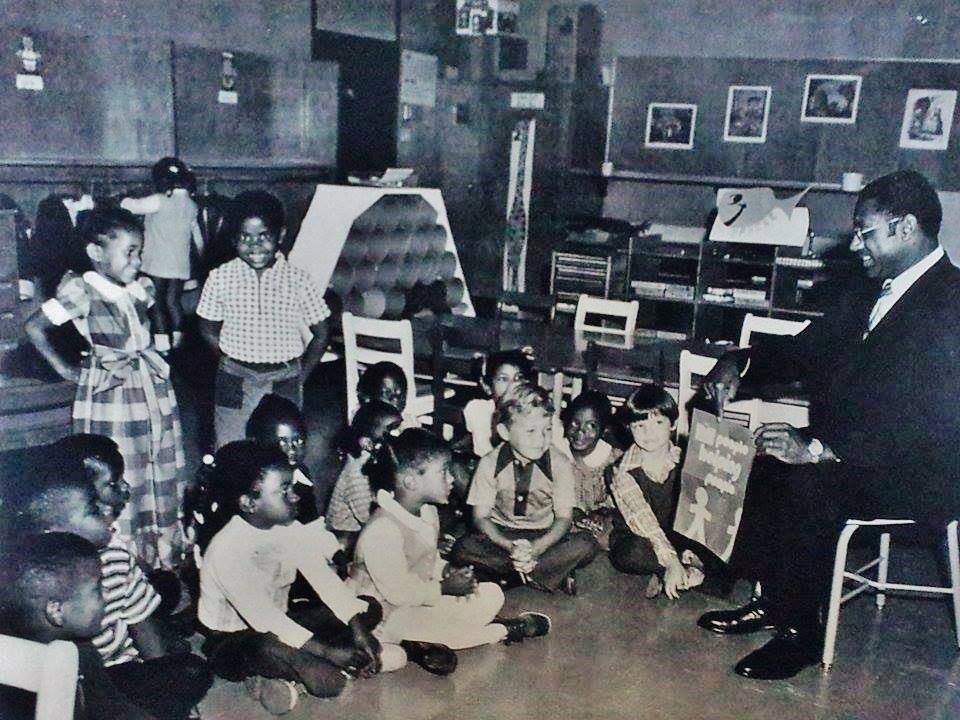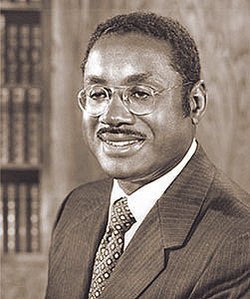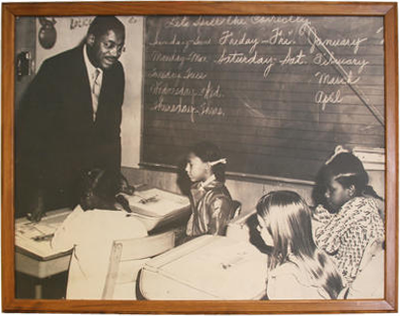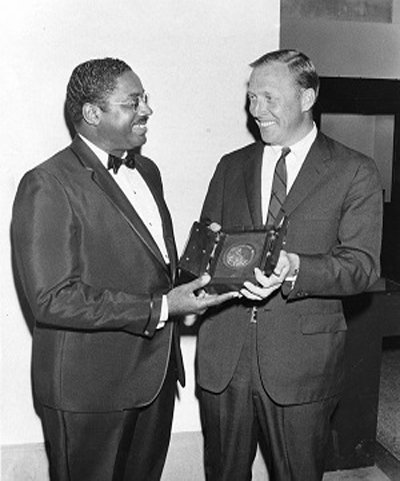OUR STORY
Founded in 1973 by our visionary namesake, the Marcus Foster Education Institute (MFEI) has undergone a major strategic shift over the past decade.
Dr. Marcus A. Foster, the first Black superintendent of the Oakland Unified School District, ushered in an era of innovation in education for Oakland students by encouraging teachers, students, parents, community members, and businesses to find creative, intersectional solutions to address barriers to community well-being and success.
CLICK HERE TO READ MORE
ABOUT DR. FOSTER
Once focused on providing direct educational services to individual students, parents and teachers, MFEI has since centered the belief that systems-focused, equity-centered continuous improvement is necessary for the true and lasting culture change we seek in educational systems.

HOW WE WORK
By approaching all work with a focus on systems and equity, MFEI bridges the gap between great ideas and effective implementation to improve academic conditions, experiences, and outcomes.
Continuous improvement (CI) is the practice of transforming theoretical knowledge and great ideas into informed, intentional, and practical application. Implementing CI requires committing to a consistent cycle of analysis, reflection, adjustment, and adaptation.
FOCUSING ON SYSTEMS
In order to focus on systems, we have to investigate the structures and practices of institutions and remedy the root causes of inequity, rather than addressing negative situational experiences as individual, unrelated events.
Consistently engaging systems-focused, equity-centered continuous improvement practices fuels better, stronger systems, ultimately leading to culture change and more equitable outcomes for all.
CENTERING EQUITY
We believe that, in order to cultivate powerful and transformative change, equity and a focus on systems must be at the center of all CI processes.
Centering equity looks like considering the ways in which racism, classism, sexism, and other intersectional oppressions lead to harsher conditions, experiences, and outcomes for certain groups of students, and then identifying and implementing changes that lead to measurable and meaningful improvements in outcomes.








